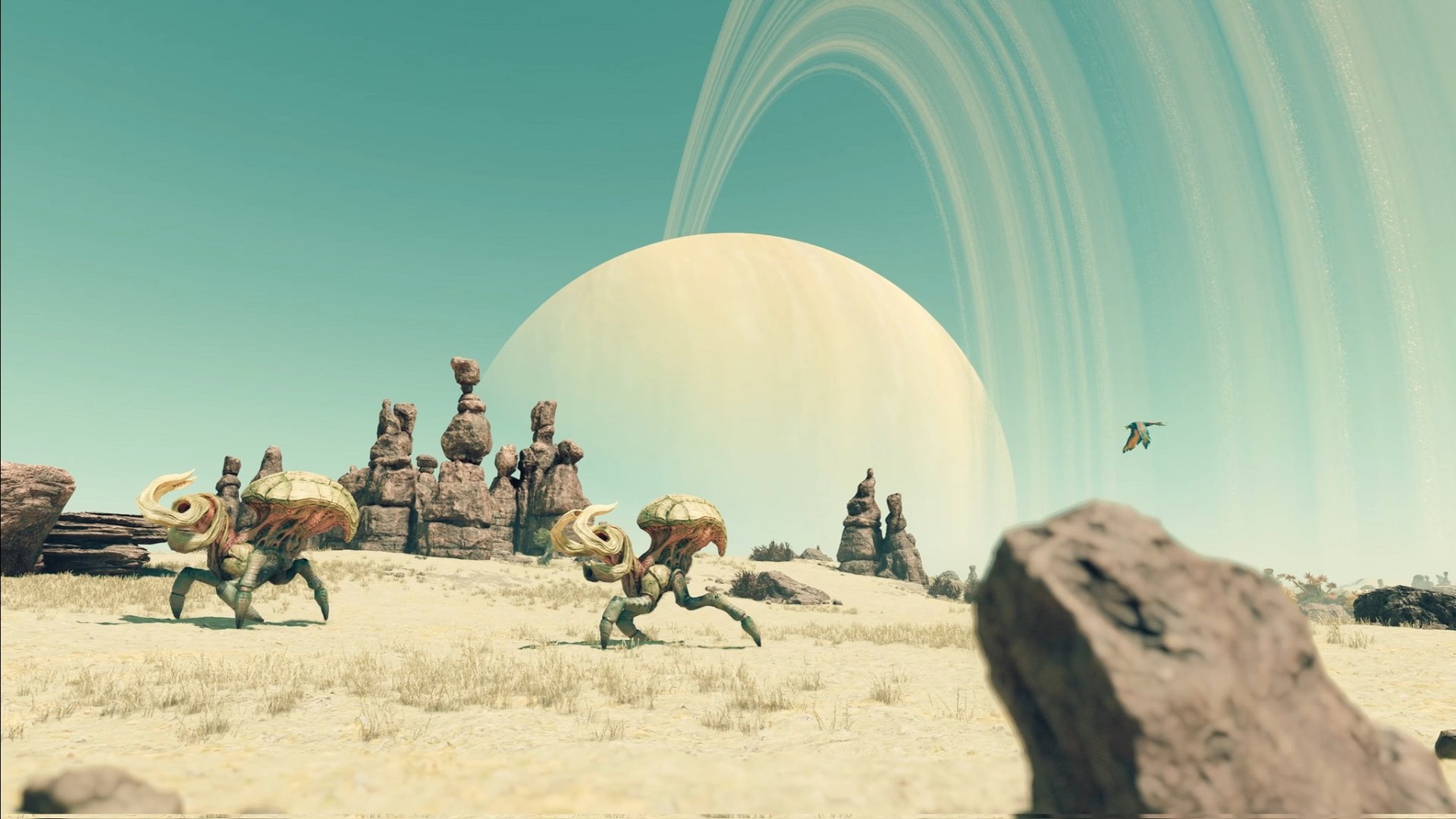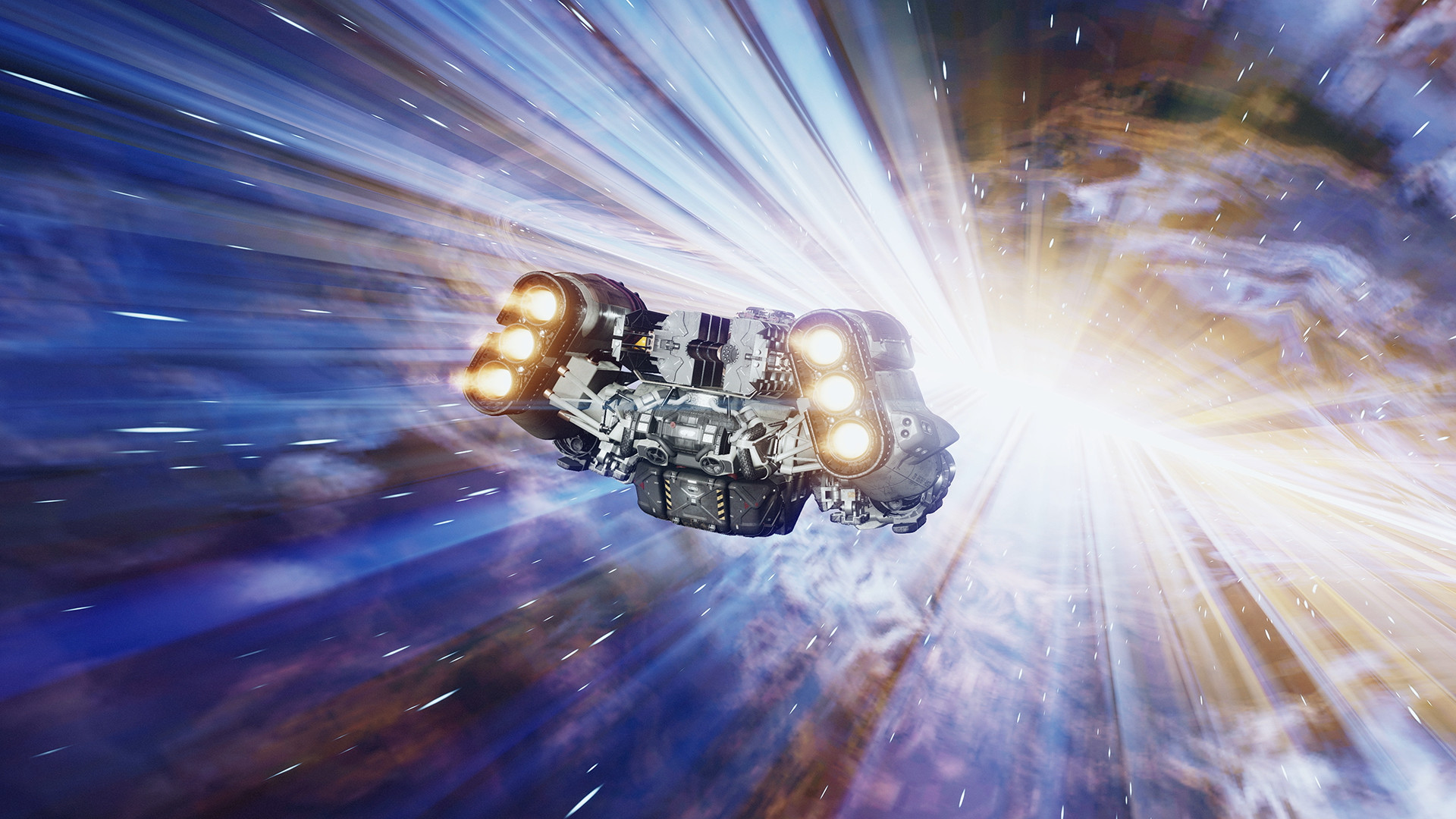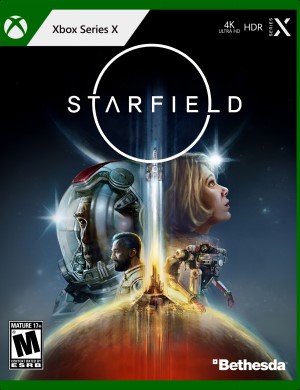
In the lead-up to Starfield’s launch, the expectation for the longest time was that it would be another game in a long list of Bethesda RPGs that revolutionize the genre and are widely received as the best games of their kind. In a year that was already stocked full of several other games that were expected to do the same (many of which lived up to expectations), many believed that Starfield would enjoy similar success, as past Bethesda Game Studios RPGs have, from Morrowind to Fallout 3, from Oblivion to Skyrim.
Now, Starfield has certainly been a successful game, with the consensus from critics being largely positive, and having amassed over 13 million players since launch- but it’s also clear as day to anyone that’s paid any sort of attention that that success has come with caveats. Critics have rated Starfield notably lower than previous Bethesda RPGs – even including Fallout 4, which was the studio’s first game to not hit 90 on Metacritic in over a decade – while reception from the wider player base has been significantly less kind. On Steam, for instance, at the time of writing, the game’s overall review score is Mixed, with 63% of its over 93,000 reviews being positive, while its recent user review score – which counts user reviews from the last 30 days – is even lower at Mostly Negative, with only 29% of over 7,000 reviews being positive.
But why is it that Starfield has attracted the kind of criticism and divisiveness that it has? Clearly, there are many out there who did enjoy the game and have praised it for a number of reasons, and clearly, it’s a game that’s doing well for itself- but all of that has also gone hand-in-hand with a level of widespread criticism and backlash that Bethesda’s single player RPGs have never really had to endure before. So where is that divide coming from?
I guess this is the point where I say that, personally, I absolutely loved Starfield. In my review, I awarded it a 10/10 (and remember folks, a 10 isn’t a perfect game- there’s no such thing), it’s the game I played more than any other game in 2023, and it’s a game I’m going to be playing a lot more over the years to come. On a very personal level, my experience was of a game where the pros far outweighed the cons, to the point where it’s one of my favourite Bethesda RPGs to date.
But I do get it. The parts of the game that have been criticized clearly didn’t detract from my experience nearly as much as they did for many others, but I get why many cared more about those flaws than I did. And even Starfield’s biggest supporters will tell you – I certainly will – that the game does have undeniable flaws. From its technical issues to the way its open world is broken up and structured and laden with loading screens, there are elements of Starfield that are definitely hard to defend. The latter in particular is something that rubbed a great many players the wrong way. Instanced environments have, of course, always been a thing in BGS RPGs, which have somehow managed to make it to 2024 without figuring out how to do seamless open world maps without the need for loading screens. That’s even more pronounced in Starfield, in fact, which many have pointed out makes traversing space and hopping from planet to planet feeling laborious, and makes open world traversal feel more like selecting locations from menus and fast traveling to them, rather than actually navigating a vast open world.
It also didn’t help matters that Starfield released in such close proximity to Baldur’s Gate 3, a game that has set a new benchmark for massive choice-and-consequence focused RPGs and has already gone down as one of the best games ever made. Releasing as close as it did to Larian Studios’ masterpiece did Starfield no favours, because many were left asking why Larian could make a massive RPG with consistently excellent writing, meaningful choice and consequence mechanics, and incredible production values, but Bethesda couldn’t- and a Microsoft-owned first party Bethesda, at that.
In spite of these very legitimate criticisms, however, there’s a contingent of people who do adore Starfield. That, I think, is where expectations come into play. If you went into Starfield expecting a typical BGS open world RPG with a similar style of exploration and a similar focus on emergent gameplay, it’s more than likely that you came out disappointed, at which point the much less subjective issues – like the game’s technical deficiencies – would have become even easier to tolerate. But for many, divorced from those expectations, Starfield impressed massively with a number of elements- like its typically excellent worldbuilding, the sheer amount of content on offer, the endless ways in which it allows you to role-play in its world, how addictive the ship building system is, or the significant improvements it makes over past Bethesda RPGs in terms of its combat and its main story. If those strengths come together and click for you, Starfield’s issues become easier to ignore, and sure enough, that’s what has happened with a portion of the player base- even if that portion is evidently is a minority as things stand right now.
The question now is- where does Starfield go from here? Bethesda RPGs always have incredibly long shelf lives, and it’s no surprise that that’s very much what the studio has planned for Starfield as well. BGS has said on several occasions that it intends to keep supporting the game with new content and updates for years to come- so is there a chance that it can find a way to graduate from being divisive to being universally beloved (or at least universally liked)? Well, there’s always a chance that a game makes a remarkable post-launch turnaround, as we’ve seen more than a few times over the years, but what exactly what Starfield need to improve and fix to be able to win over a much larger portion of its fanbase? New content and new planets to explore, sure, but will BGS also be making key gameplay improvements?
The developer has said it plans to do that with updates throughout 2024, including new gameplay features, ship building options, city maps, and even new ways of traveling (which, hopefully, will mean land vehicles)- all of that sounds great, but will BGS be able to roll out these improvements at the pace that’s needed? The first few months of Starfield’s post-launch period have seen a handful of updates being released, but reception from the community has only soured, which would suggest that BGS needs to pick up the pace at which it doles out meaningful improvements to the core gameplay experience. Starfield’s first expansion, Shattered Space, is set to launch in 2024, so hopefully that will bring its fair share of needed improvements. Of course, it’s also worth mentioning that when full mod support rolls out sometime later this year, the game is undoubtedly going to enjoy something of a resurgence.
One thing is clear- Starfield is never going to have the legacy of a Skyrim or a Fallout 3. But even though it’s not going to be counted in that upper echelon of games, there’s still an excellent foundation here for Bethesda to build off of. Hopefully, a year from now, Starfield will have made enough improvements and additions that the portion of the player base that doesn’t dislike the game is going to be much larger than it is as things stand right now.
Note: The views expressed in this article are those of the author and do not necessarily represent the views of, and should not be attributed to, GamingBolt as an organization.

















